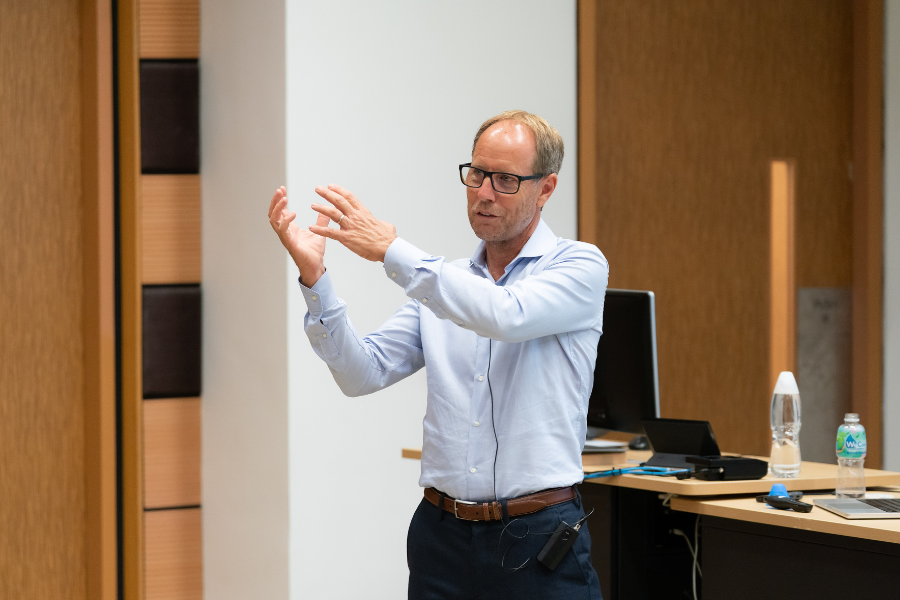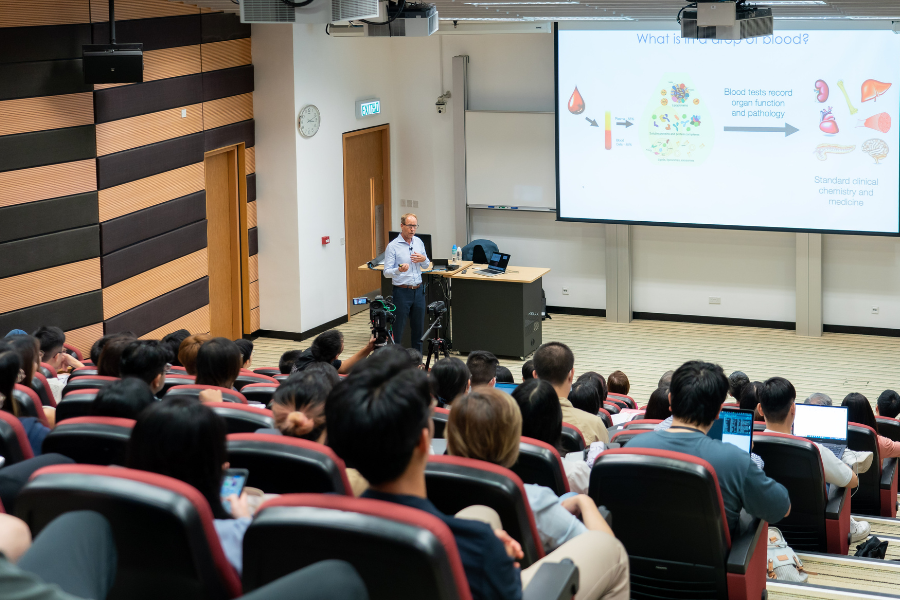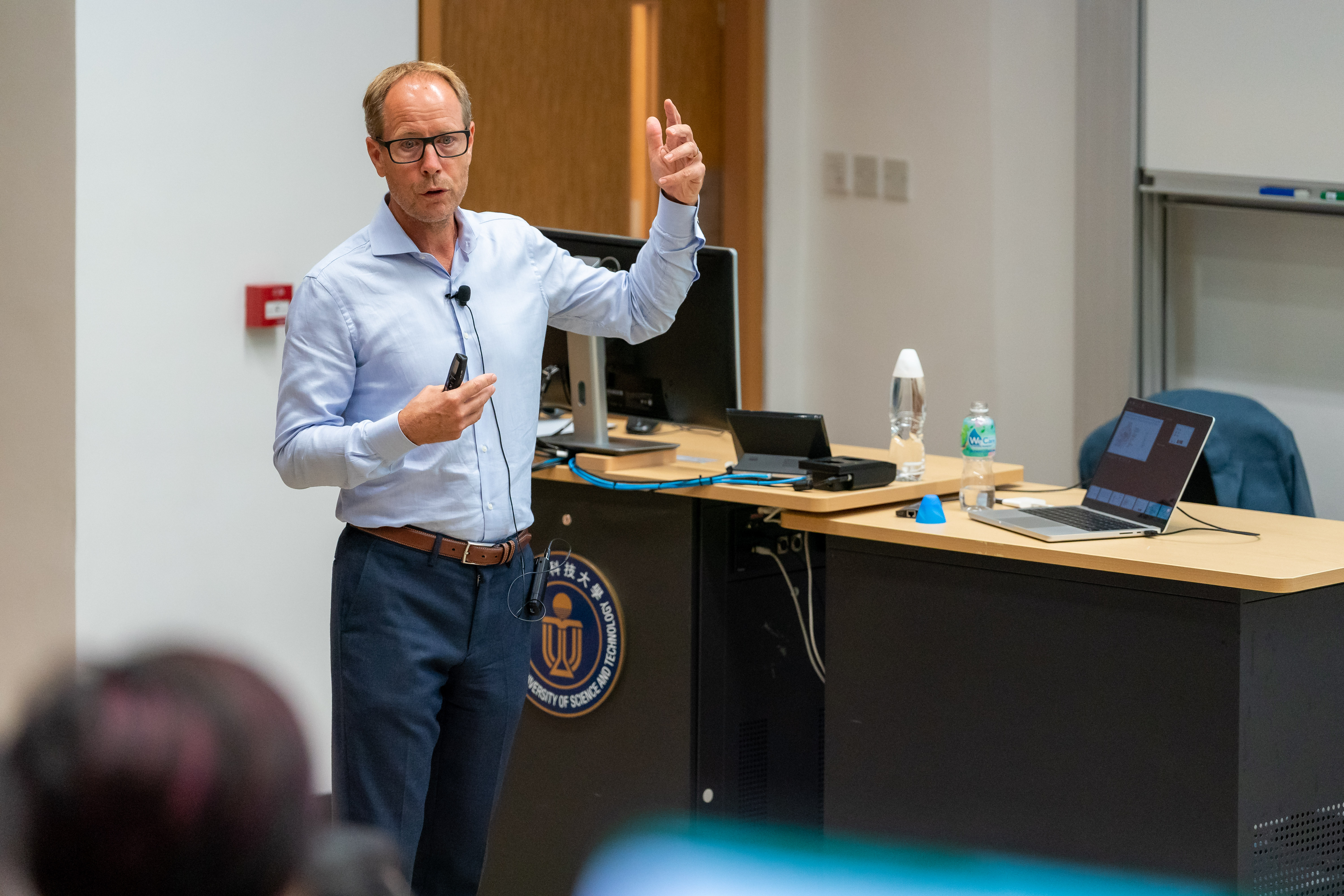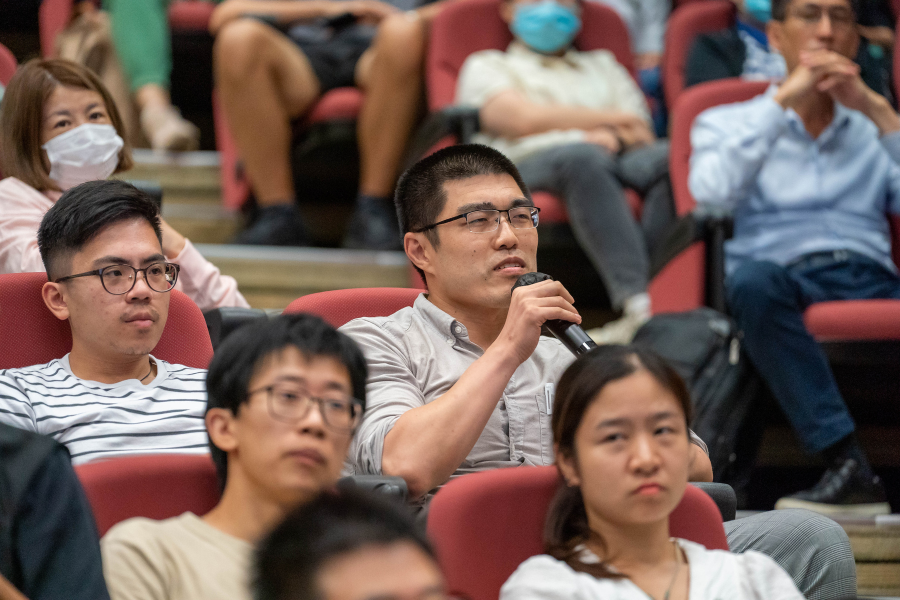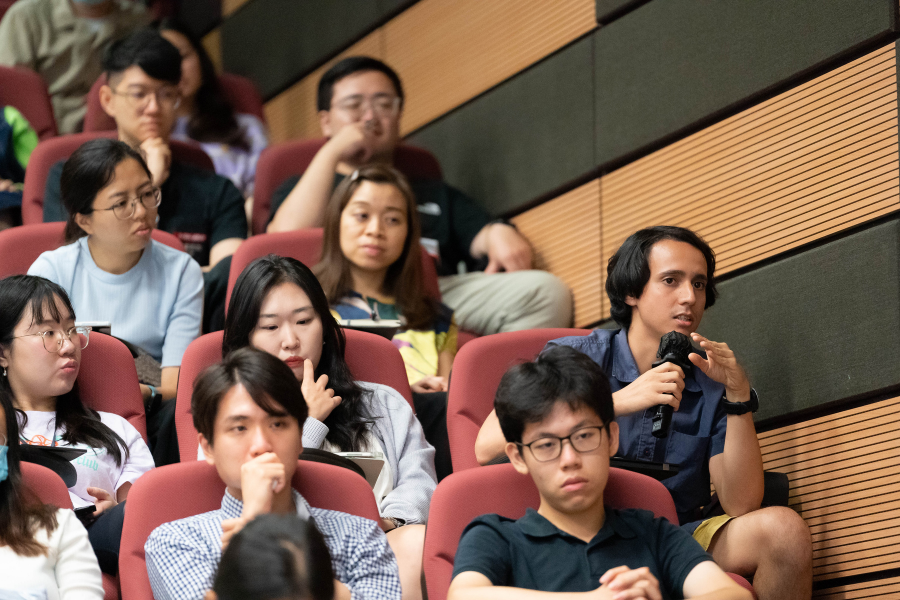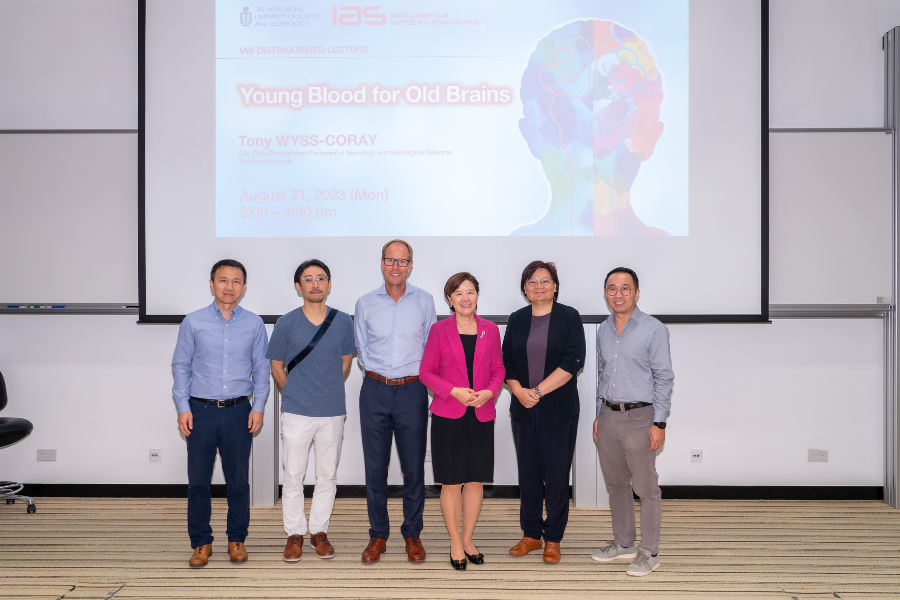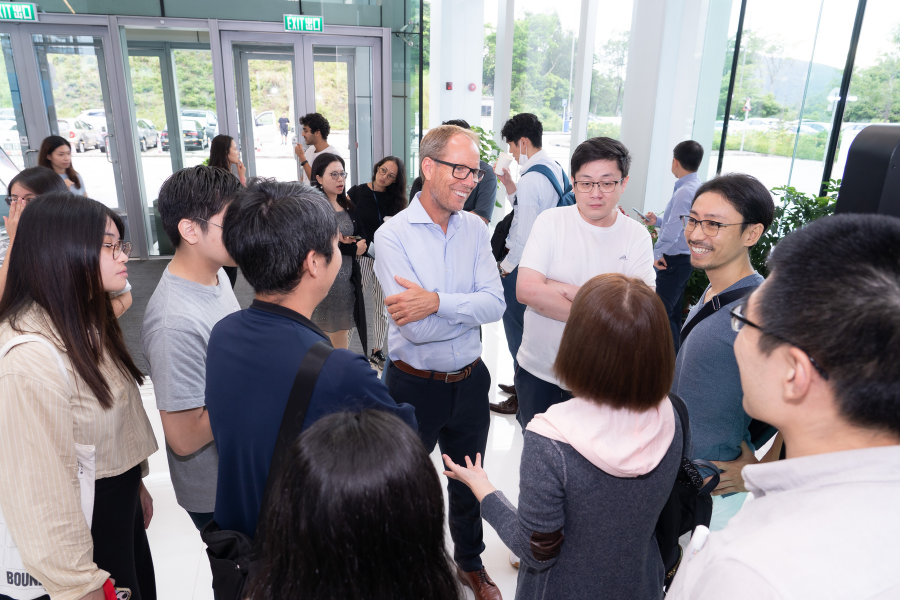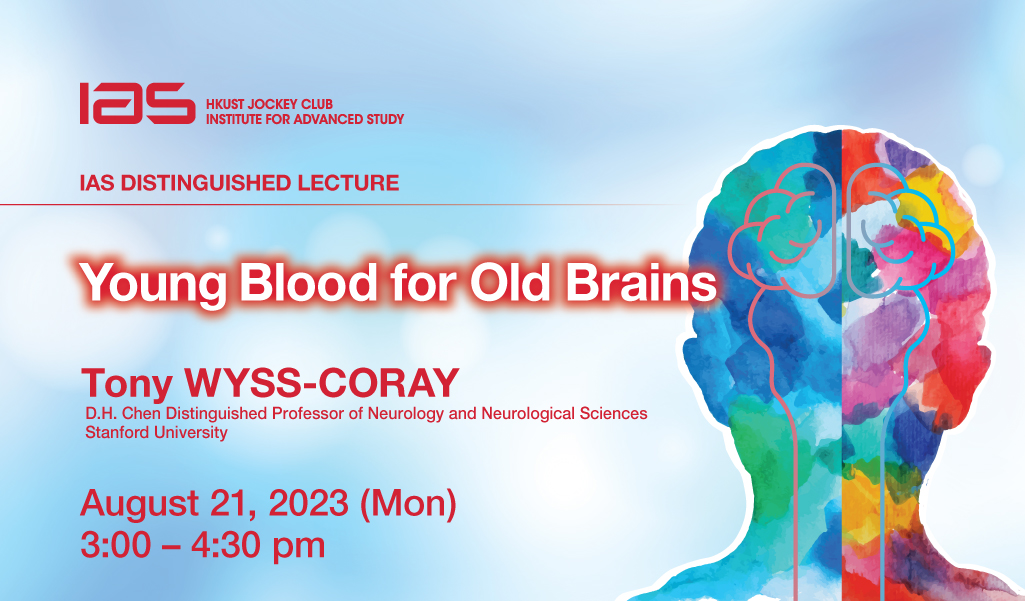Young Blood for Old Brains
Abstract
Aging leads to the degradation of function and the onset of diseases in nearly all tissues and organs. This process is marked by significant shifts in gene expression and changes in concentrations spanning all types of biological molecules. Recent technological progress has allowed biologists to measure an unprecedented array of these molecules throughout an organism, providing unique insights into the physiological and pathological conditions of cells and organs, including the aging process.
The research of the speaker and his group has been centered on brain aging, a process that results in cognitive decline and is a major risk factor for sporadic neurodegenerative diseases such as Alzheimer's. While brain cell- and tissue-intrinsic factors are likely essential in driving the aging process, recent studies document a remarkable sensitivity of the brain to circulatory factors. Thus, blood borne factors from young mice or humans are sufficient to counteract aspects of brain aging and improve cognitive function in old mice. Conversely, factors from old mice are detrimental to young mice and impair cognition. The group found evidence that the cerebrovasculature is an important target of circulatory factors and that brain endothelial cells show prominent age-related transcriptional changes in response to plasma. Furthermore, plasma proteins are taken up broadly into the young brain through receptor mediated transport at the vasculature, a process that decreases with age. Simultaneously, proteins originating in the brain can be detected in plasma. This allows them to observe physiological shifts related to brain aging in the blood and offers novel methods to monitor individual brain physiology and aging.
About the speaker
Prof. Tony Wyss-Coray received his PhD in Immunology from the University of Bern in 1992. He then joined the Scripps Research Institute in California as a Post-Doctoral Fellow. In 2002, he relocated to the Stanford University and is currently the D.H. Chen Distinguished Professor of Neurology and Neurological Sciences. He is also the Director of the Phil and Penny Knight Initiative for Brain Resilience at Stanford University.
Prof. Wyss-Coray and his research group study brain aging and neurodegeneration with a focus on age-related cognitive decline and Alzheimer’s disease. His research team discovered that circulatory blood factors can modulate brain structure and function and factors from young organisms can rejuvenate old brains. Current studies focus on the molecular basis of the systemic communication with the brain by employing a combination of genetic, cell biology, and –omics approaches in killifish, mice, and humans.
Prof. Wyss-Coray received a number of prestigious awards, including the Glenn Award for Research in Biological Mechanisms of Aging by the Glenn Foundation for Medical Research (2015), the US National Institutes of Health Director’s Pioneer Award (2015), the Senior Research Career Scientist Award (2012), the Distinguished Research Scholar Award by the John Douglas French Alzheimer’s Foundation (2005), and the Zenith Fellows Award by the Alzheimer's Association (2005).
For Attendees' Attention
Seating is on a first come, first served basis.

